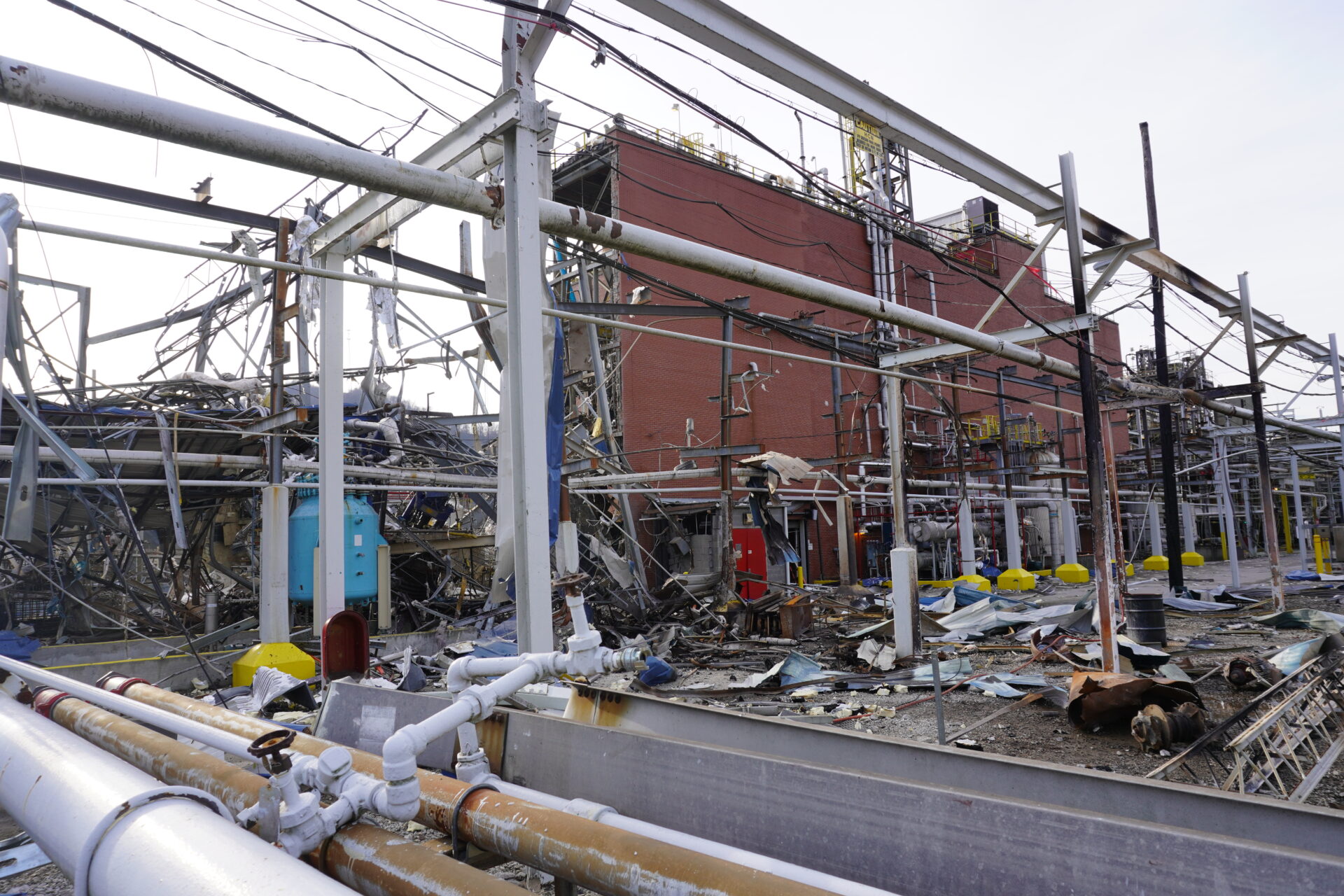The West Virginia Department of Environmental Protection (WVDEP) has approved an air quality permit for a Kanawha County facility where a fatal explosion occurred in 2020.
The Division of Air Quality approved the permit for Optima Belle to replace the equipment damaged in the explosion and return to normal operations.
The WVDEP held a public meeting on Optima Belle’s permit application earlier this month.
Last month, the U.S. Chemical Safety Board issued a report on the December 2020 explosion, which killed one worker, John Gillenwater of Putnam County.
It found that the company used an incorrect process for drying a chemical compound that when overheated, could cause a reaction that exceeded the design pressure of the dryer unit.
Three others were injured in the blast, including two workers and the driver of a car that was struck by debris. A shelter-in-place order was issued within a two-mile radius of the plant.
